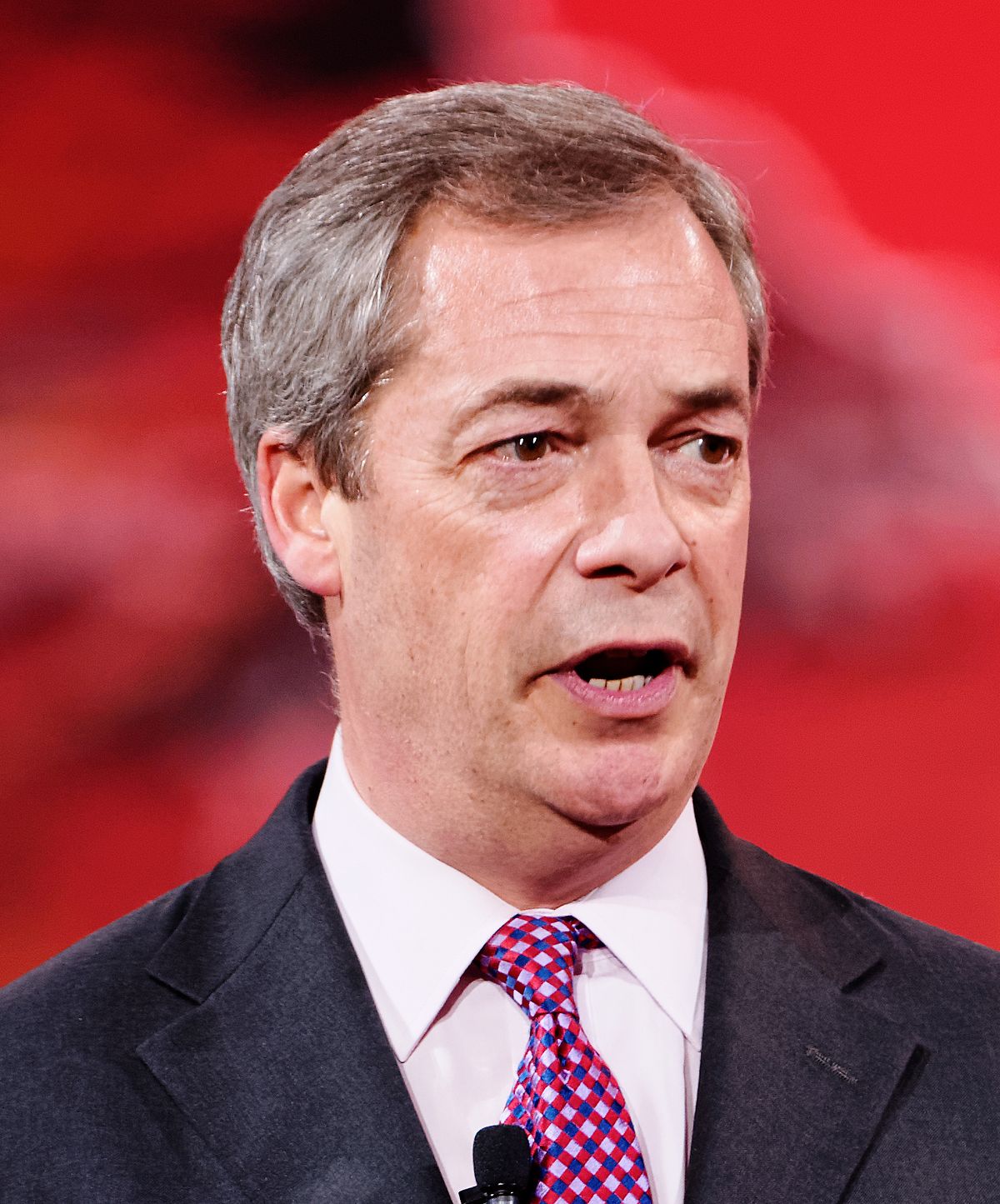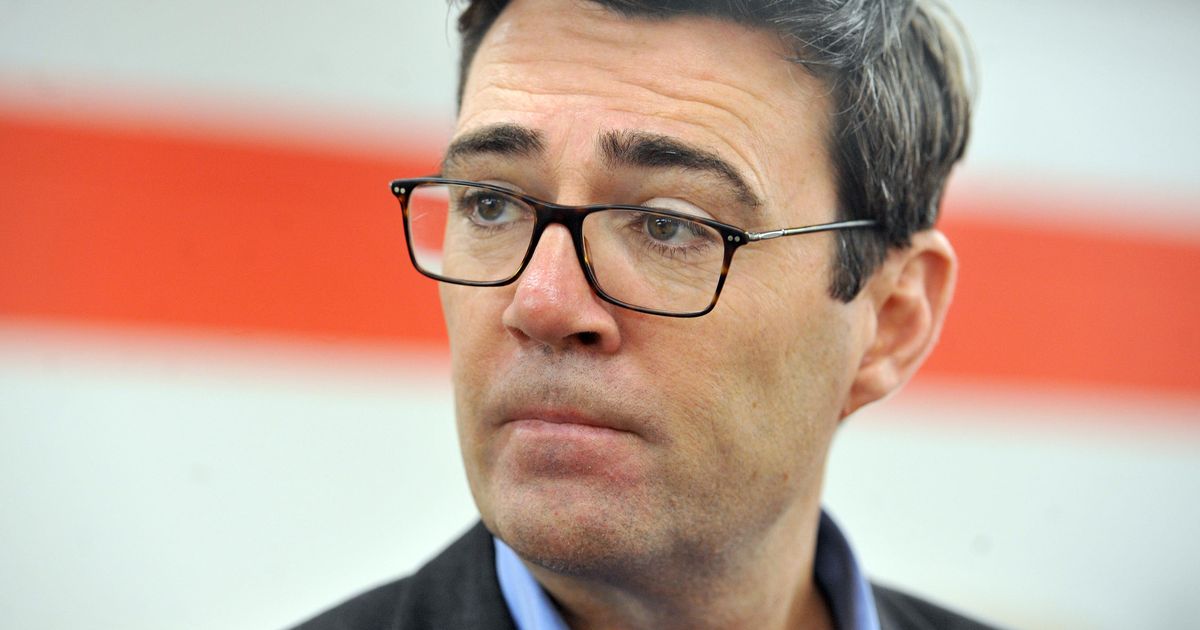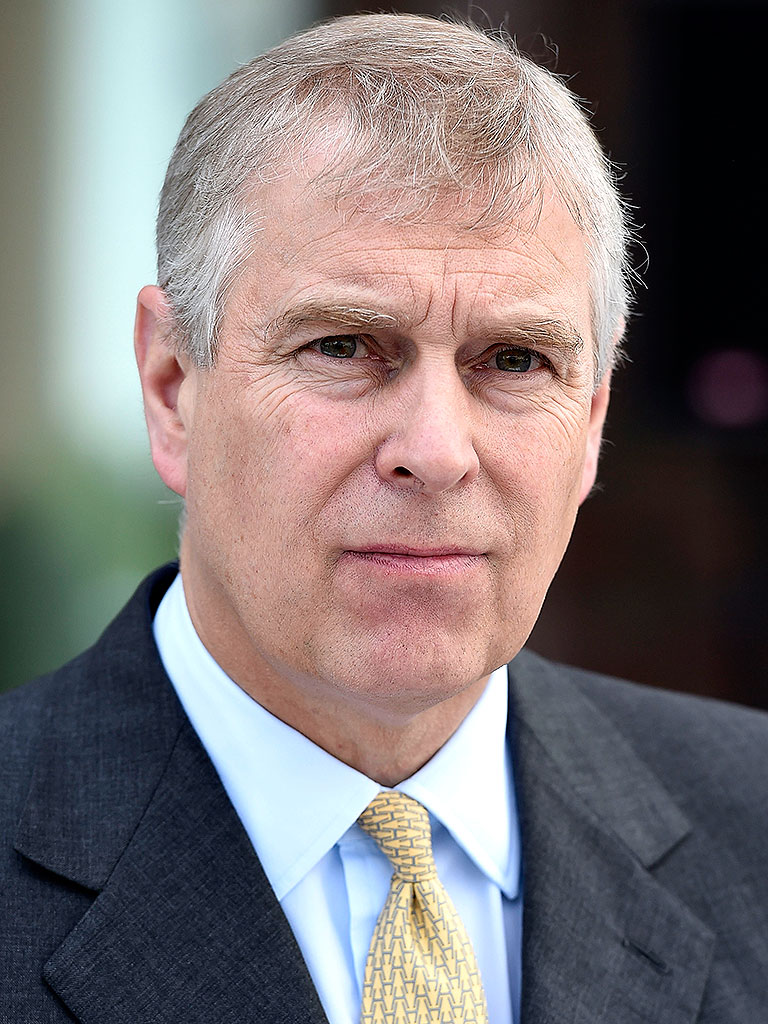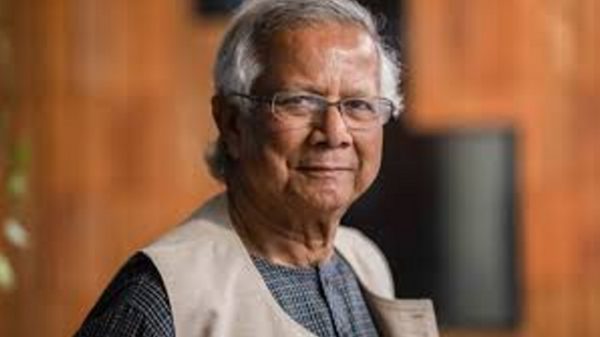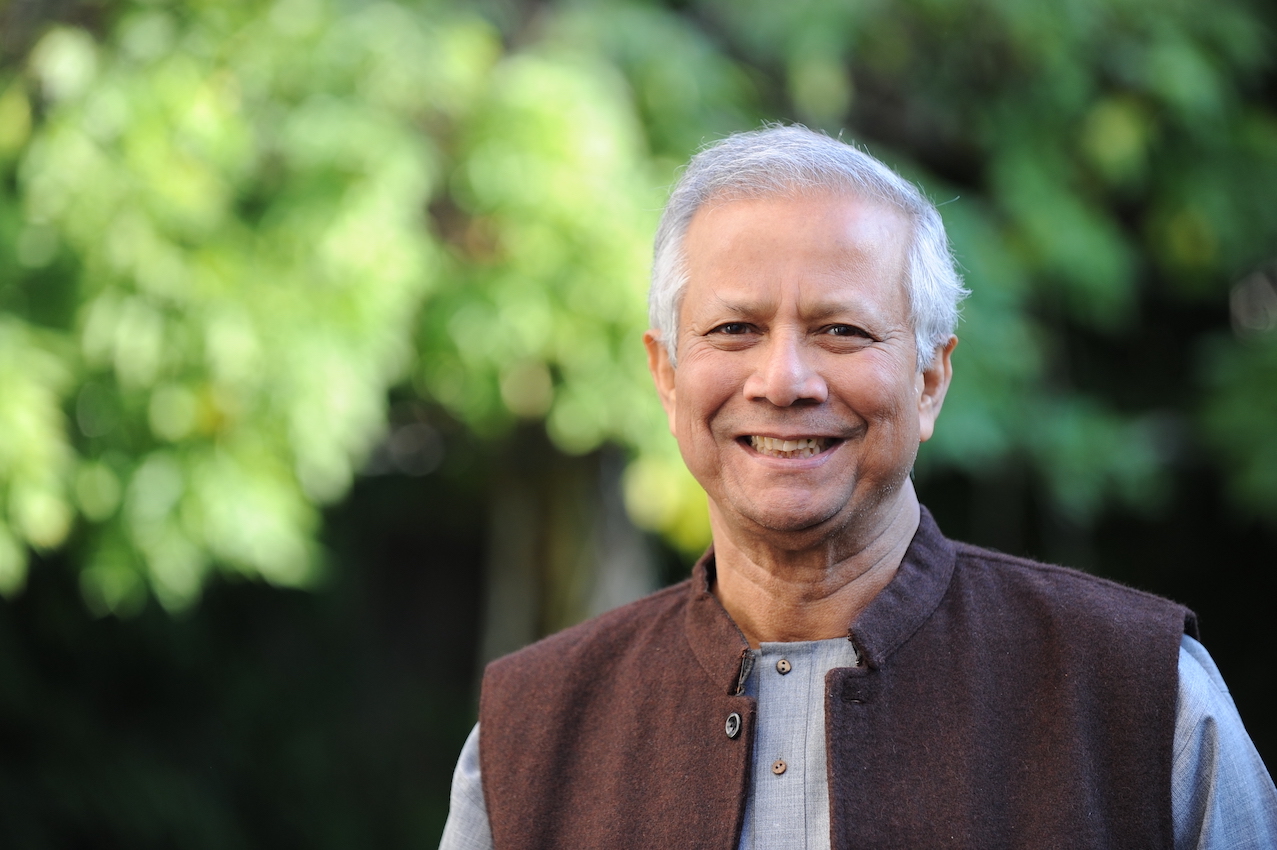Muhammad Yunus, the leader of the Interim Government of Bangladesh, has recently completed his trip to the United Nations General Assembly. Arriving alongside members from three separate Bangladeshi political parties as part of his delegation, Yunus looked to convey a sense of unity. However, this publicity stunt hides the reality that back home, the Bangladeshi social and political system is more fragmented than ever.
When the Interim Government came to power in August of last year, it portrayed itself as a beacon of hope for the future of Bangladesh. It promised democratic reforms and to bring transparency to the government. Little democratic reform has come to pass; instead frustrations have festered, raising concerns over the Interim Government’s continued use of autocratic pressure tactics to implement its own, highly politicised, vision for Bangladesh’s future.
Following the July Declaration and Charter, the Interim Government’s “neutrality” was thrown out the window. High-profile commentators, like British investigative journalist David Bergman, were floored by the language used; Bergman noted it “reads like a political tract written by long standing adversaries”.
That the wording at the heart of the declaration not only dragged on between the parties for months but became so politically charged is significant. If anything, it’s as clear an indication that the Interim Government is far from a neutral group, gently shepherding Bangladesh towards a more democratic future. Rather, as Bergman noted, it shows that the Interim Government and its leader, Muhammad Yunus, are so deeply partisan that Yunus’s “involvement in this Charter will be the nail in the coffin of his once stellar reputation” [sic].
That’s made all the more clear given that these controversial documents come at a time when the Interim Government has consistently used pressure tactics to hold onto power and force through its agenda.
These attempts to remain relevant have become increasingly apparent in the financial sector. Several bank officials have been forced to resign, which has raised concerns amongst experts, who worry that such a large number of banks being run by interim directors is harming efforts to restore trust in the struggling banking system. Beyond this, the government is also allowing hostile takeovers of banks, even when depositors have raised concerns, which is doing nothing to help improve faith in the economy.
Outside of the financial sector, the country is in the midst of a social and political witch hunt against anyone who may have dealt with the Awami League. The Interim Government has targeted businesses, accusing them of conspiring with the former government, despite them having nothing more than a working relationship, as is required between business and government. In addition, there have been multiple reports of trumped up charges, particularly against former Awami League members, as well as the detainment of influential journalists and academics.
Against this backdrop, Bangladesh is facing six more months of the Interim Government’s agenda before the promised elections, although a specific date has yet to be confirmed. Concerningly though, the newly formed National Citizens’ Party (NCP) have vowed that there will not be elections unless they see the reforms they want implemented first. Whilst this may seem like hyperbole, it has sparked concern, as the NCP appear to have the ear of the Interim Government. Several of the leaders of the party previously served in the Interim Government and their close relationship led to the director of Transparency International Bangladesh accusing the NCP of being a King’s Party being backed by the state. Given this, whether an election actually takes place remains to be seen.


